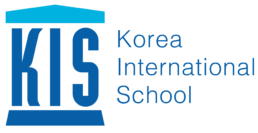Applied Learning
Applied learning is relevant, engaged, transferable, authentic learning. We explore applied learning both inside and outside the classroom. Applied learning is pursued through six different areas which we refer to as “streams.” The six streams include: global citizenship, character & leadership, outdoor education, nature education, community engagement, and sustainability.
Global Citizenship
Drawing from the strengths of our school community, students learn to appreciate and understand diverse cultures and perspectives. The school library features books from a diverse range of perspectives and subject areas. We recently completed a diversity audit of our library and purchased new materials to ensure that our books are diverse and inclusive of cultures, languages and points of view. Our annual International Week celebrations explore various vantage points on global citizenship, under the driving question, "what does it mean to be from somewhere?". To be a true global citizen, one must extend understanding to action. We challenge students to see their role in the world, and to understand how they can take appropriate action to uplift others and protect our planet.
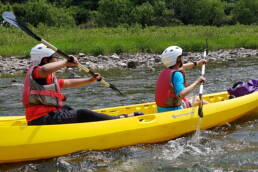
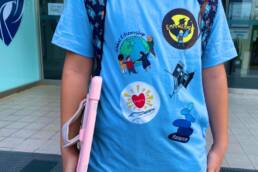
Character & Leadership
Students learn best when they and their teachers adopt a growth mindset, believing in each child's ability to achieve their learning goals. As a learning community, we help students to understand their areas of strengths and to build their self-confidence. As part of our applied learning activity days, older students utilize the Values in Action strengths assessment to better understand their identities and to recognize that all people bring different strengths to a team. Students have opportunities to practice leadership skills during projects, after-school activities, or as part of the Student Leaders Club for student in Grades 3-5.
Outdoor Education
Building a love of the outdoors helps students to understand new things about themselves; they can test their limits and take risks in new environments. During on and off-campus learning experiences, students not only can learn key outdoor skills such as tenting and hiking, but they can also build teamwork and communication skills while accomplishing a goal. Students are able to take time for renewal by being in nature, whether it is in the forest areas near our campus or in one of Korea’s wilderness areas.
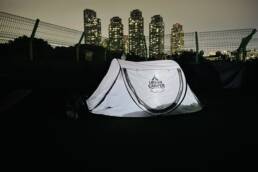
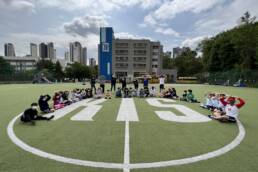
Community Engagement
As part of the inquiry learning process, students consider how different issues affect people and places. We think about what it means to belong and to be an inclusive community. Through volunteering, research, and activism, students expand their connections and view of the world. KIS Seoul Campus has long-standing partnerships with local service organizations, and students are encouraged to take part in community-building events throughout the academic year and as part of the Transdisciplinary Units.
Nature Education
KIS Seoul Campus places value on spending time interacting with nature. The natural world evokes children’s natural curiosity and provides endless opportunities for learning and problem-solving. It allows students to see the results of cause and effect, and to understand how humans have important roles to play in protecting the environment. From the rooftop, to the forest, to the on-campus chicken coop, children are inspired to be active explorers.
The Junior Ranger Program is part of our nature education initiative, as it encourages students to interact with nature in meaningful ways. We hope to foster a love for nature education and expand the comfort zones of students in wilderness areas through various learning engagements, including:
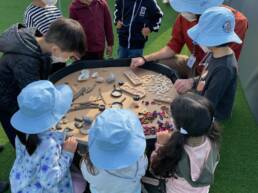
- Gardening
- Hiking
- Map-skills
- Loose-parts play
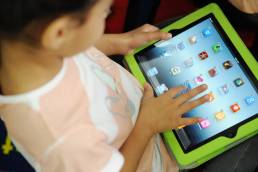
Sustainability
Teachers integrate the United Nations Sustainable Development Goals (UNSDGs) into the curriculum, starting with our youngest learners. The seventeen goal framework provides breadth and depth in thinking about critical global issues. This encourages real-life problem solving and helps students set personal goals to live more sustainable lives. Students create action plans and share their findings and research with authentic audiences.
